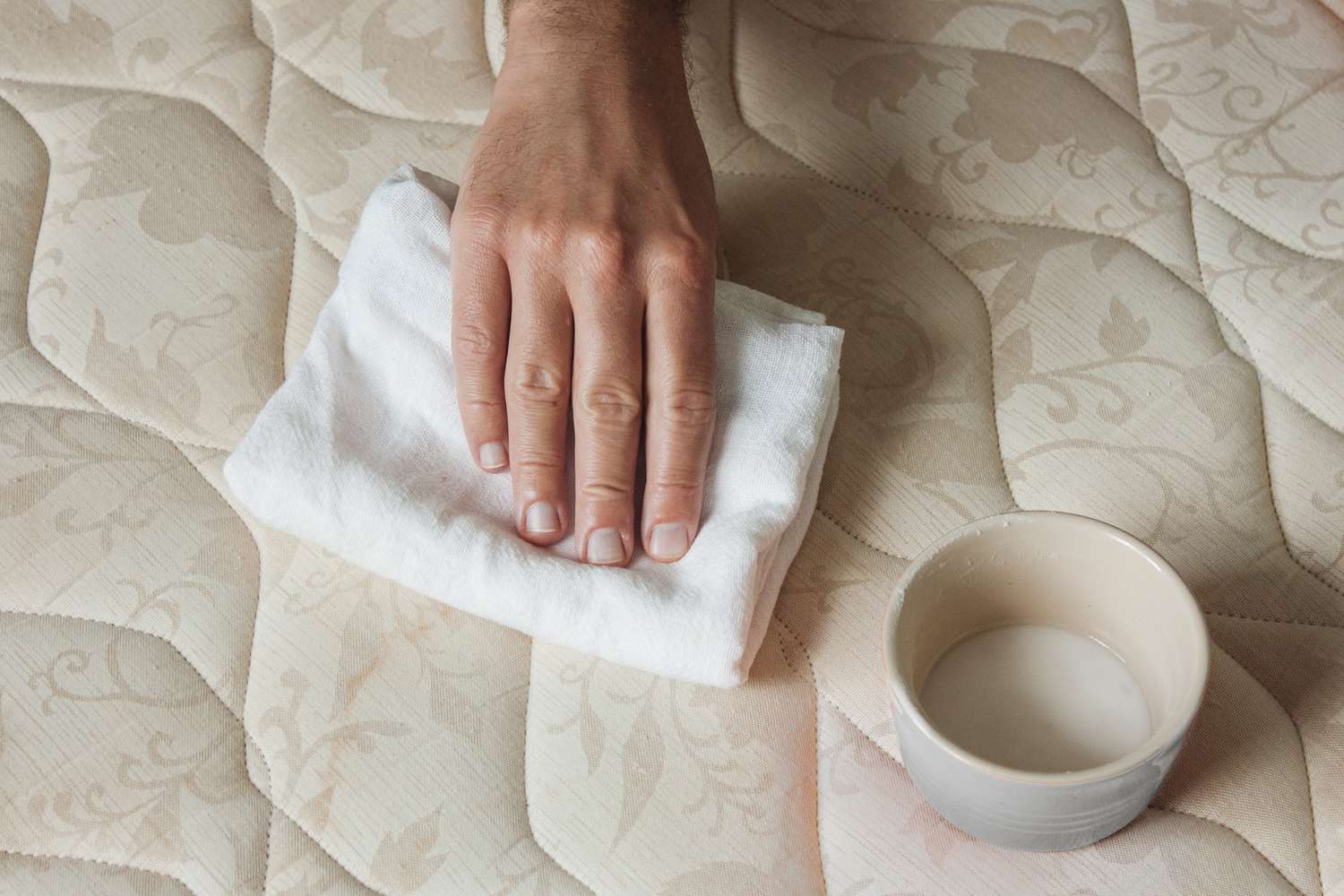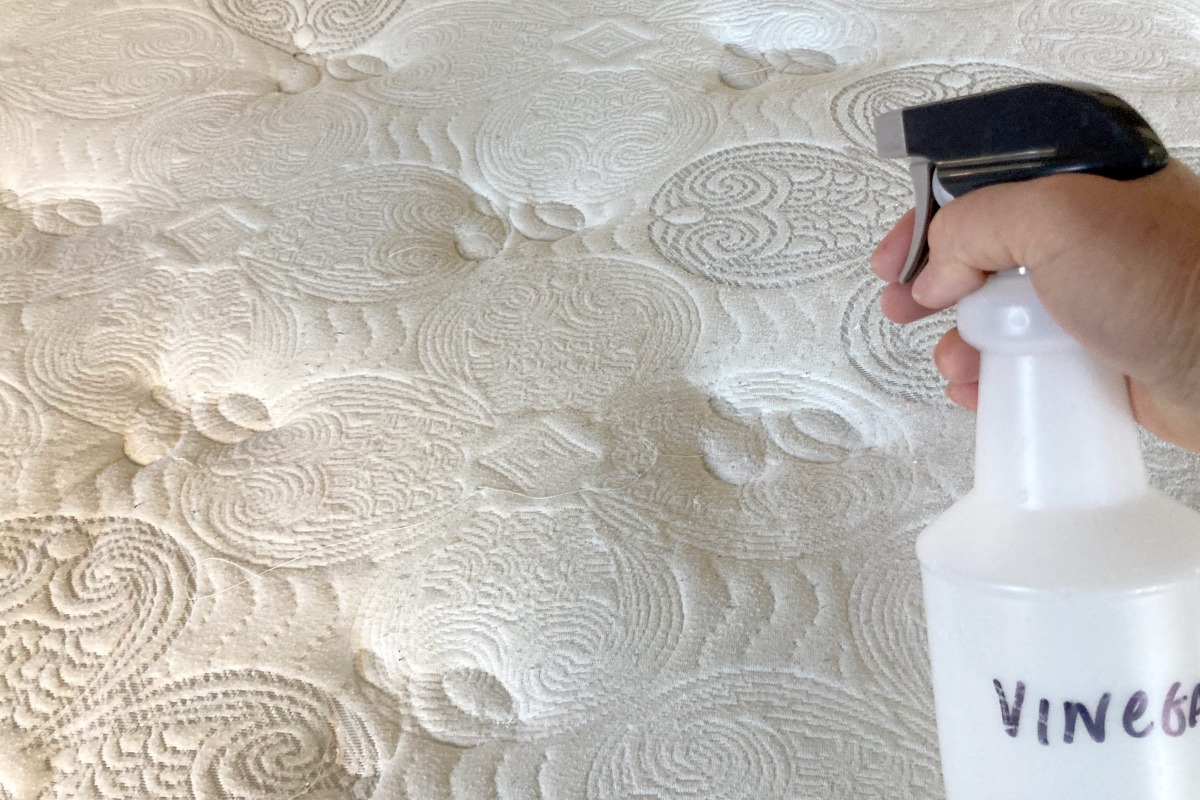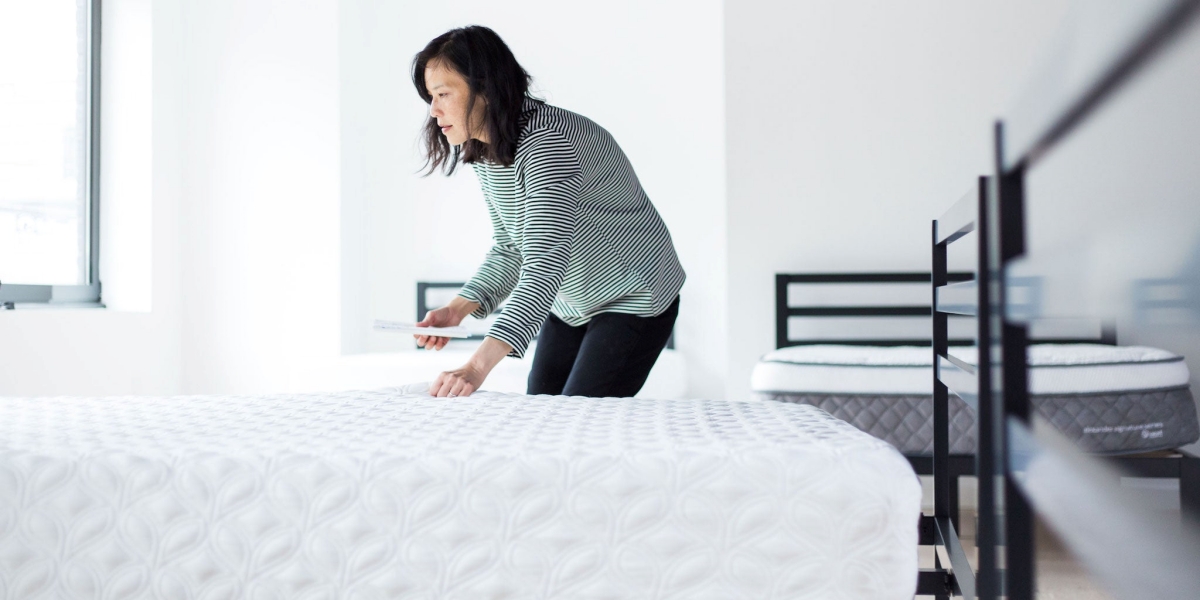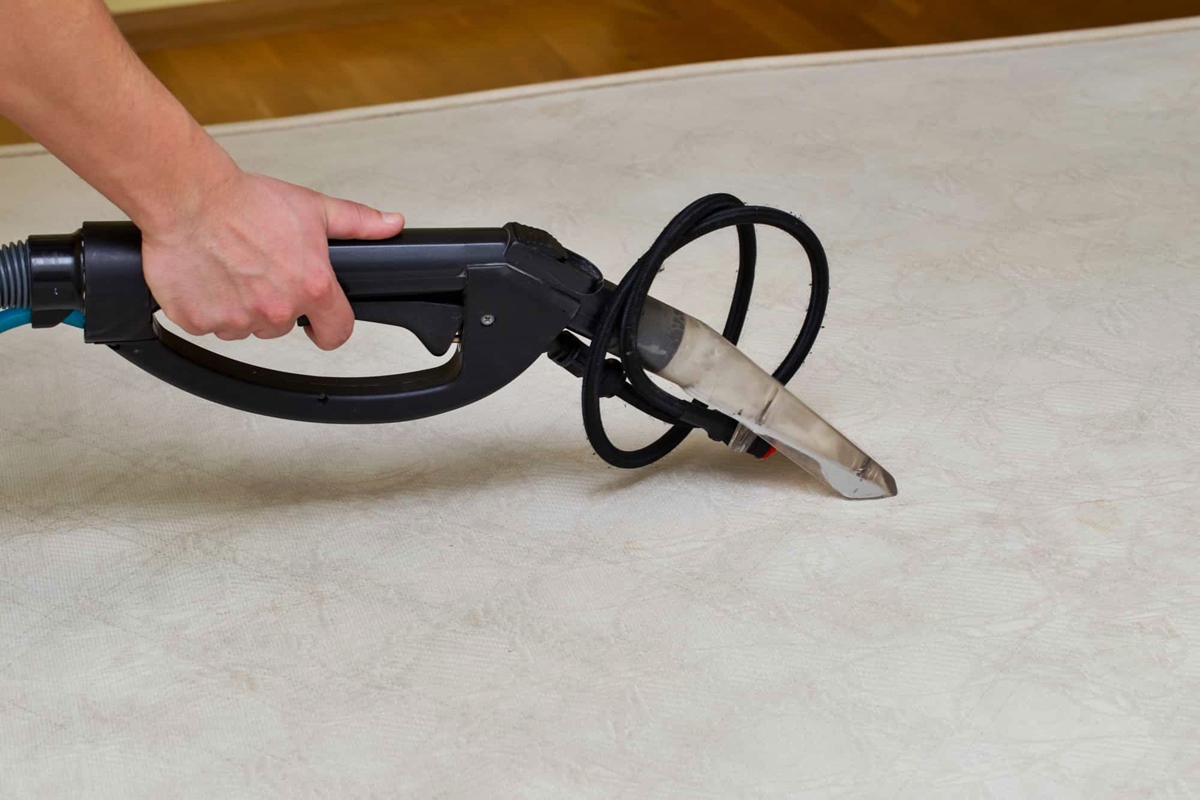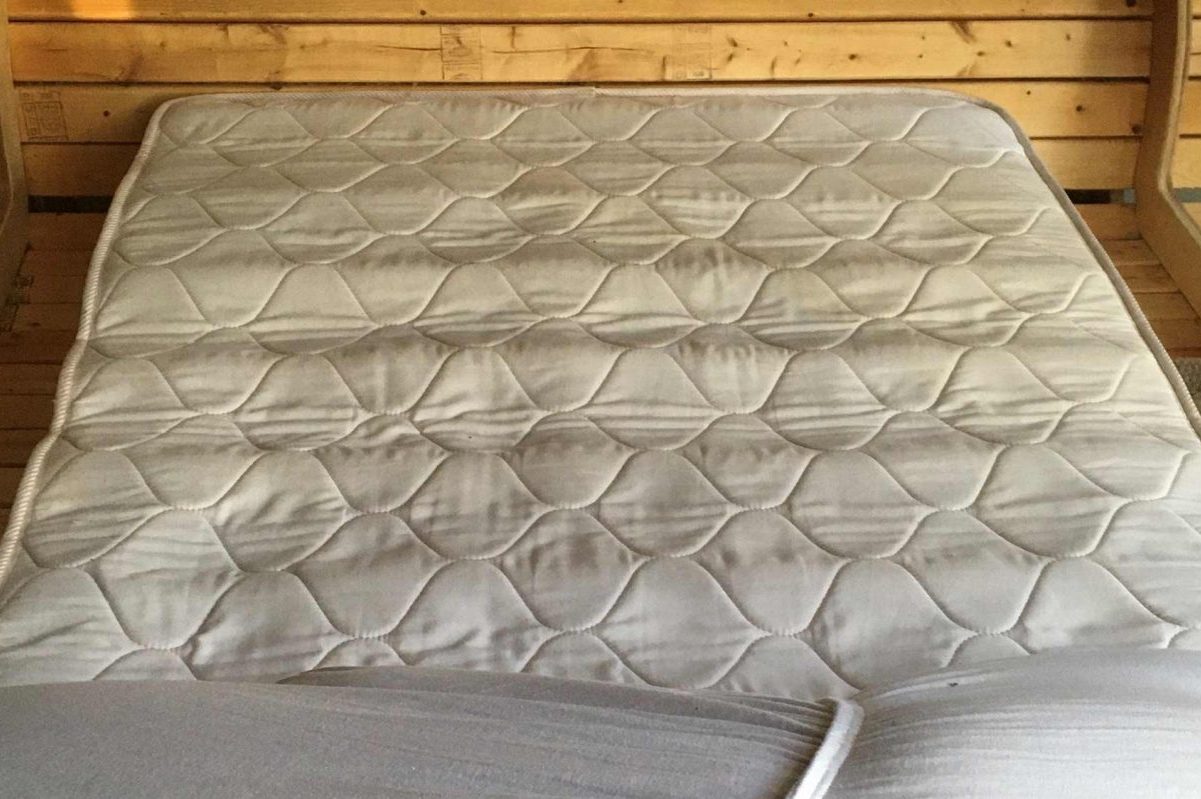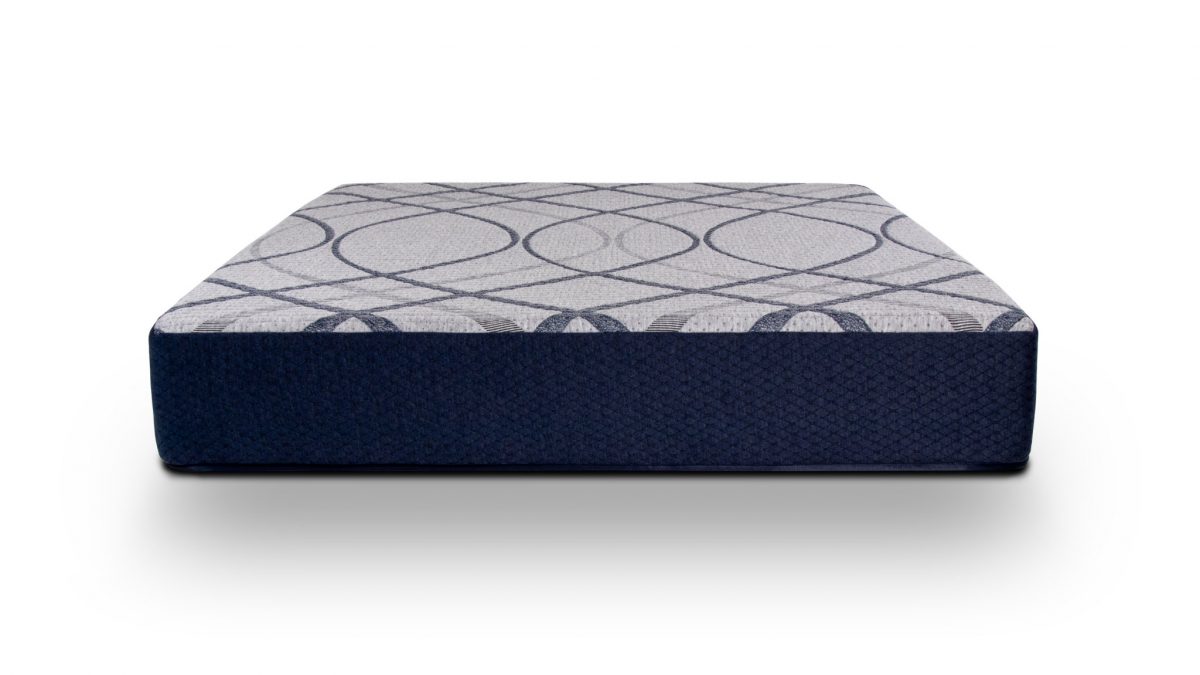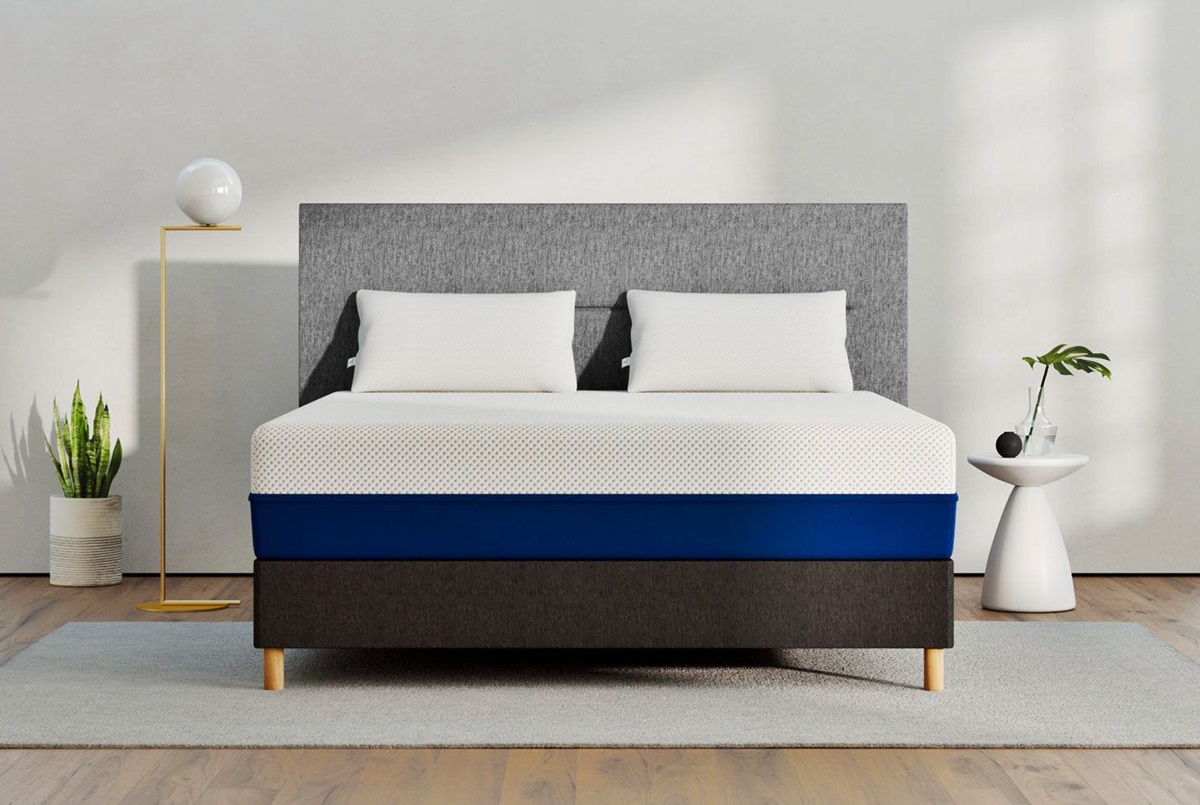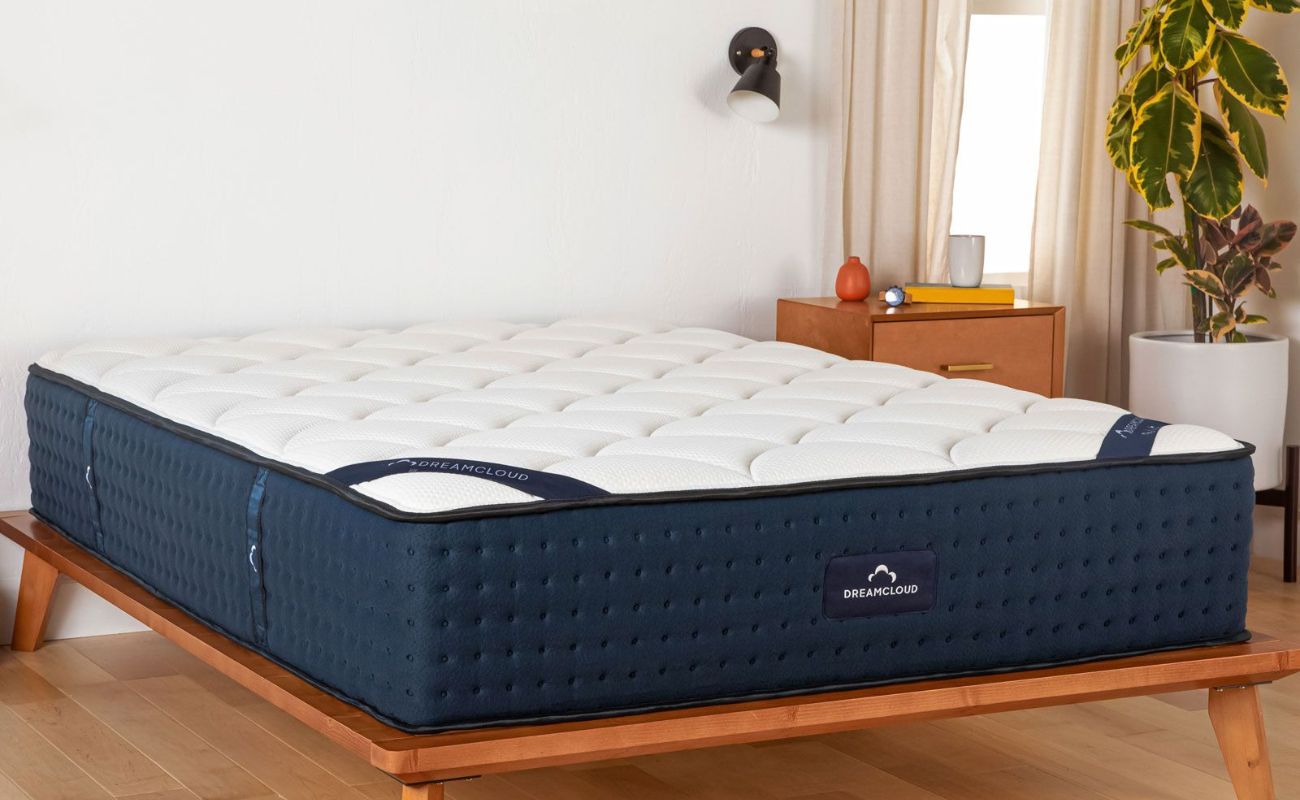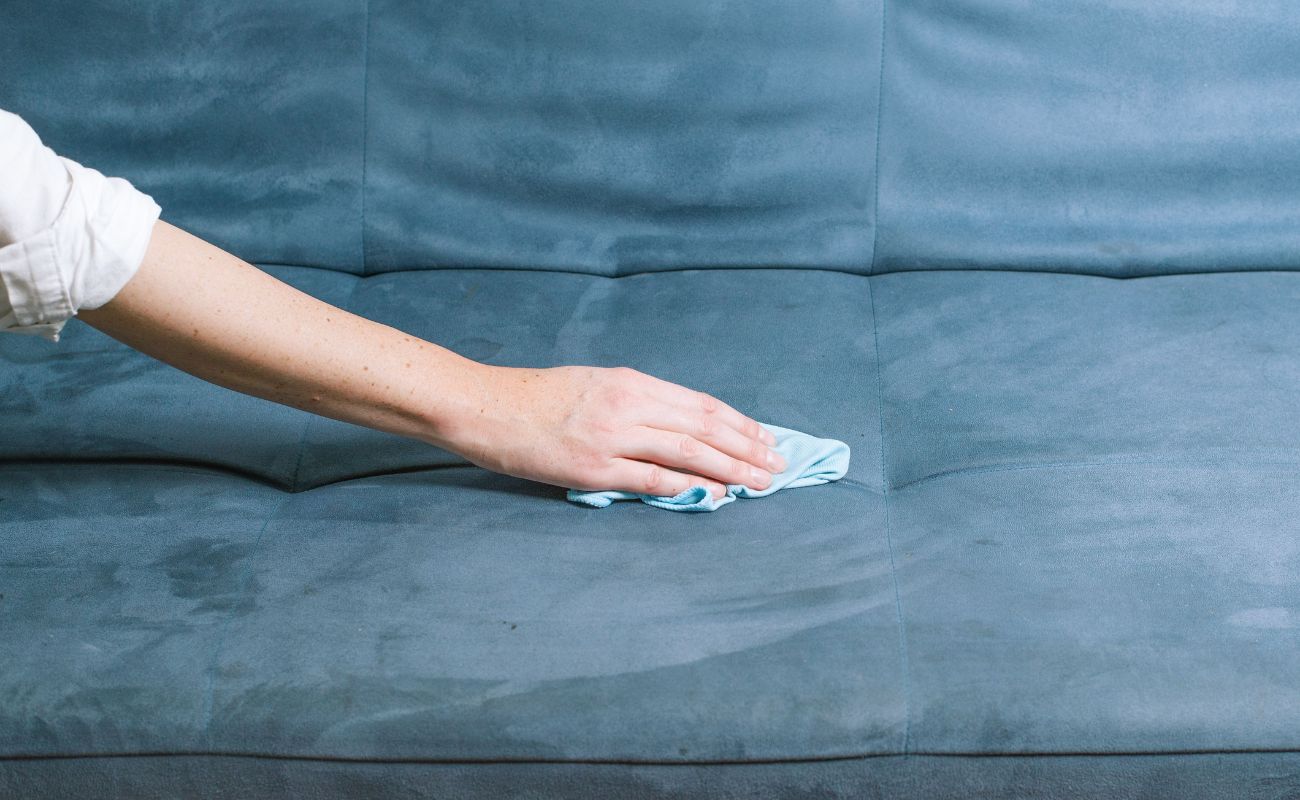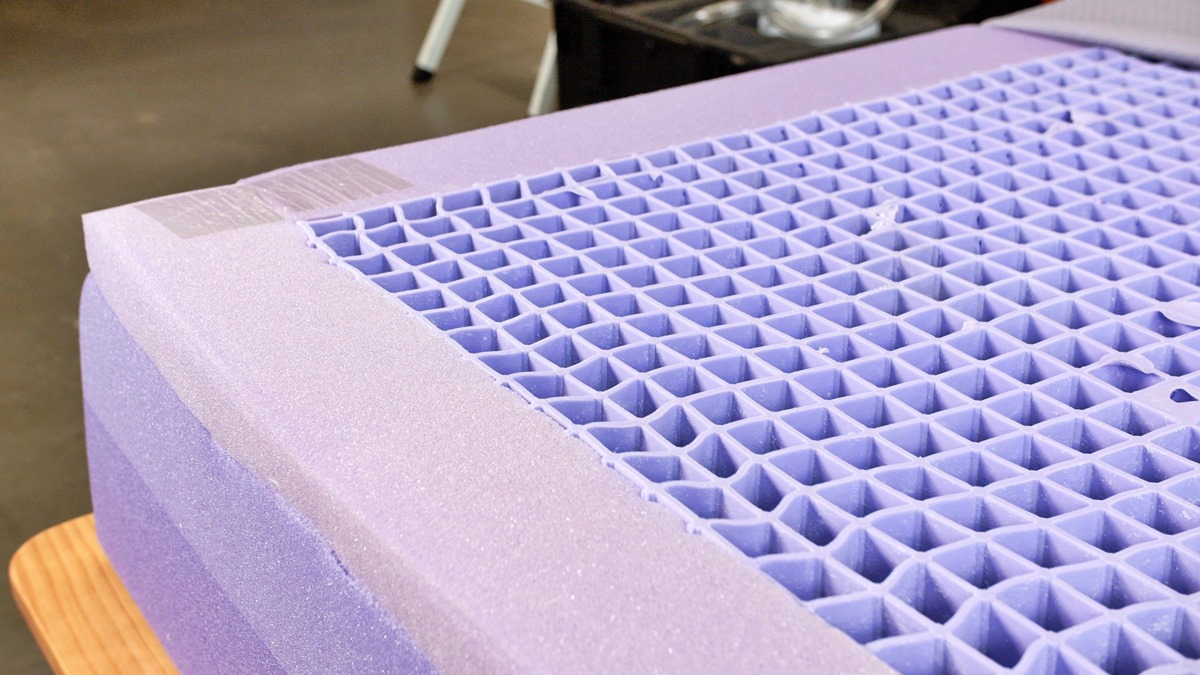Home>Furniture>Bedroom Furniture>How Long Do You Keep A Mattress
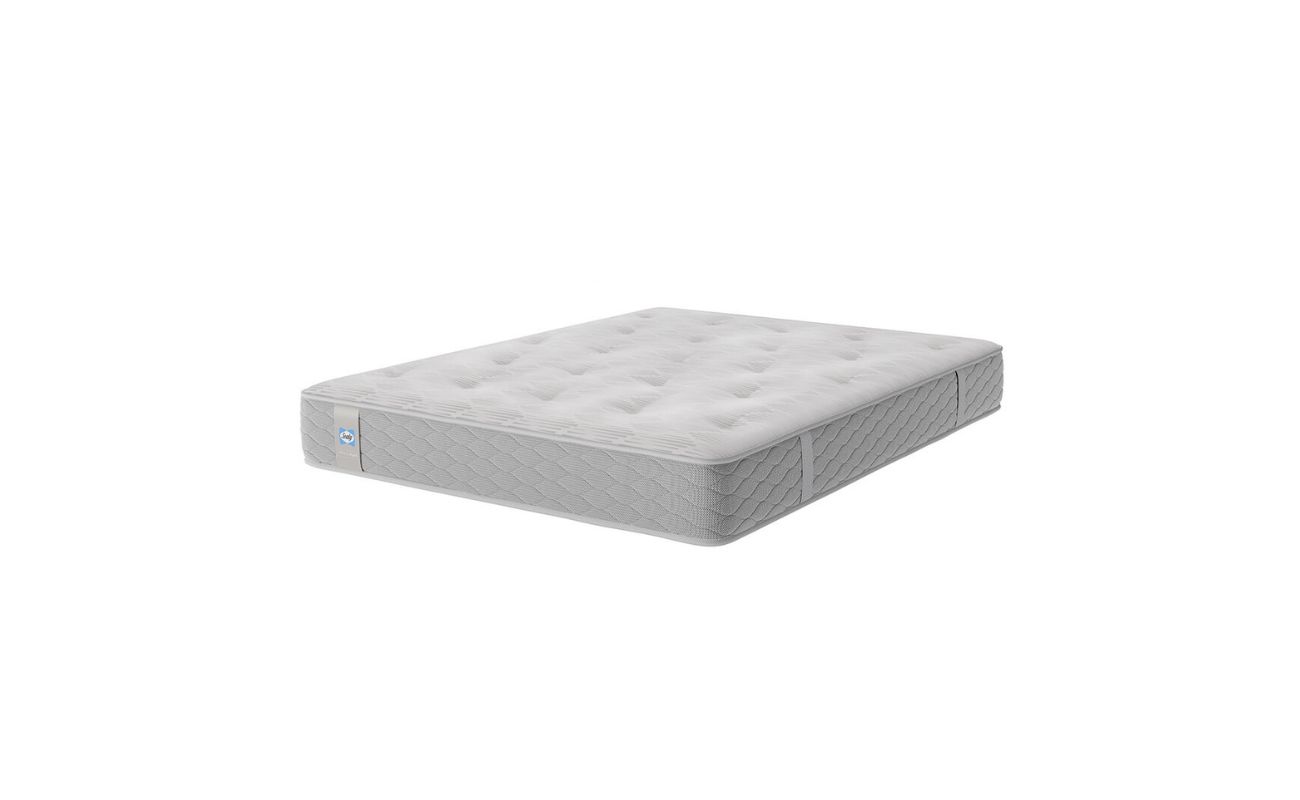

Bedroom Furniture
How Long Do You Keep A Mattress
Modified: February 25, 2024
Discover how long you should keep a mattress for optimal comfort and support in your bedroom. Explore our range of bedroom furniture for a restful sleep.
(Many of the links in this article redirect to a specific reviewed product. Your purchase of these products through affiliate links helps to generate commission for Storables.com, at no extra cost. Learn more)
Introduction
When it comes to bedroom furniture, the mattress is arguably the most important piece. After all, it’s where you spend a significant amount of your time sleeping and rejuvenating. But have you ever wondered how long you should keep a mattress before replacing it?
The lifespan of a mattress can vary depending on several factors. In this article, we will explore what affects the lifespan of a mattress, signs that indicate it’s time for a replacement, the average lifespan of different types of mattresses, and some tips for prolonging the life of your mattress.
So, if you’re ready to dive into the world of mattress lifespan, let’s get started!
Key Takeaways:
- Listen to your body and evaluate wear and tear to determine when to replace your mattress. Consider the lifespan and prioritize comfort for a restful night’s sleep.
- Prolong your mattress’s life with maintenance and proper support. Trust your comfort and invest in a new mattress for improved sleep quality and overall well-being.
Read more: How Long Should You Keep A Mattress For
Factors Affecting Mattress Lifespan
The lifespan of a mattress can be influenced by various factors. Understanding these factors can help you make informed decisions about when to replace your mattress. Here are some key factors that affect mattress lifespan:
- Quality: The quality of the materials used in a mattress plays a significant role in its lifespan. A high-quality mattress made with durable materials is likely to last longer than a lower-quality one.
- Usage: The amount of time you spend on your mattress can affect its lifespan. If you use your bed for extended periods, such as for work or lounging, it may wear out more quickly than if it is primarily used for sleep.
- Weight: The weight of the sleepers can impact the longevity of a mattress. Heavier individuals exert more pressure on the mattress, which can lead to more rapid wear and tear.
- Maintenance: Proper care and maintenance can significantly extend the lifespan of a mattress. Regularly rotating and flipping the mattress, using a mattress protector, and keeping the mattress clean can all contribute to its longevity.
- Environmental factors: The environment in which the mattress is kept can affect its lifespan. Exposure to moisture, extreme temperatures, and pests can all cause damage to the mattress over time.
It’s important to note that while these factors can impact how long a mattress lasts, there is no set expiration date for a mattress. Each mattress is different, and the lifespan can vary based on individual circumstances.
Now that we have explored the factors that can affect mattress lifespan, let’s move on to the next section to discuss the signs that indicate it may be time to replace your mattress.
Signs It’s Time to Replace Your Mattress
While mattresses don’t come with an expiration date, there are some signs that indicate it’s time to replace your mattress. Here are the top signs to watch out for:
- Sagging: If you notice visible sagging or indentations in your mattress, particularly in the middle or where you usually sleep, it’s a clear sign that your mattress has lost its support and needs to be replaced.
- Worn-out or lumpy areas: Over time, mattresses can develop worn-out or lumpy areas that can make it uncomfortable to sleep on. If you constantly find yourself shifting positions to get comfortable, it’s a good indication that your mattress is no longer providing the necessary comfort and support.
- Increased pain or discomfort: If you wake up with new aches and pains or experience increased discomfort during the night, it could be due to an old, worn-out mattress that is no longer able to support your body properly.
- Allergies or respiratory issues: Over time, mattresses can accumulate dust mites, allergens, and even mold, which can worsen allergies or respiratory issues. If you find yourself constantly sneezing, coughing, or experiencing other allergy symptoms when you’re in bed, it may be time to replace your mattress.
- Restless sleep or lack of sleep: If you frequently toss and turn, find it hard to get comfortable, or experience a lack of quality sleep, your mattress could be to blame. Mattresses that have lost their ability to provide proper support and comfort can disrupt your sleep and leave you feeling tired and restless.
It’s important to pay attention to these signs and not overlook their impact on your overall sleep quality and well-being. While replacing a mattress can be an investment, it is essential for your comfort, support, and overall sleep health.
Now that you know the signs that indicate it’s time to replace your mattress, let’s delve into the average lifespan of different types of mattresses in the next section.
It is generally recommended to replace a mattress every 7-10 years, as this is the average lifespan of most mattresses. However, factors such as quality, usage, and maintenance can also affect the longevity of a mattress.
The Average Lifespan of Different Types of Mattresses
The lifespan of a mattress can vary depending on the type of mattress you have. While individual experiences may differ, here’s a general guideline for the average lifespan of different types of mattresses:
- Innerspring Mattresses: Innerspring mattresses typically have an average lifespan of 7-10 years. However, higher-quality innerspring mattresses can last up to 10-15 years with proper maintenance.
- Memory Foam Mattresses: Memory foam mattresses tend to have a longer lifespan compared to innerspring mattresses. On average, a memory foam mattress can last between 10-15 years. Higher-density memory foam mattresses may even last longer.
- Latex Mattresses: Latex mattresses are known for their durability and longevity. A well-maintained latex mattress can last anywhere from 15-20 years, making it one of the longest-lasting mattress options available.
- Hybrid Mattresses: Hybrid mattresses, which combine innerspring coils with layers of foam or latex, can have a lifespan similar to that of memory foam mattresses or latex mattresses. On average, a hybrid mattress can last between 10-15 years.
- Airbeds: Airbeds, which allow for adjustable firmness levels, can have a lifespan of around 8-10 years. The durability of an airbed can depend on factors such as the materials used and the frequency of use.
It’s important to remember that these are average lifespans, and individual factors, such as usage, maintenance, and mattress quality, can influence how long a mattress lasts. Additionally, personal comfort preferences may prompt you to replace a mattress before it reaches the end of its expected lifespan.
Now that you have an idea of the average lifespan of different types of mattresses, let’s explore some tips for prolonging the life of your mattress in the next section.
Tips for Prolonging the Life of Your Mattress
Purchasing a new mattress is an investment, so it’s important to take steps to prolong its lifespan and keep it in optimal condition. Here are some helpful tips to help you extend the life of your mattress:
- Use a mattress protector: Investing in a good quality mattress protector can help protect your mattress from spills, stains, and dust mites. This barrier can also help prevent moisture from seeping into the mattress, which can lead to mold or mildew.
- Rotate and flip regularly: Most mattresses benefit from regular rotation and flipping. This prevents certain areas from excessive wear and helps maintain the overall integrity of the mattress. However, memory foam and pillow-top mattresses may not require flipping but can still benefit from regular rotation.
- Avoid jumping or standing on the mattress: Excessive stress on the mattress, such as jumping or standing on it, can cause damage to the internal structure and shorten its lifespan. Encourage children and guests to refrain from rough play on the bed.
- Keep pets off the bed: While it’s tempting to cuddle up with your furry friends, their presence on the bed can lead to more wear and tear. Pets’ claws can damage the mattress fabric, and they may shed hair and dander, which can be difficult to remove from the mattress.
- Regularly clean your mattress: Regularly vacuuming your mattress and spot-treating stains can help keep it fresh and clean. Follow the manufacturer’s guidelines for cleaning, and consider using baking soda to neutralize odors. Avoid excessive moisture during cleaning, as it can lead to mold or mildew growth.
- Properly support your mattress: Ensure your mattress has the proper support it needs. Check that your bed frame or foundation is sturdy and suitable for your mattress type. Insufficient support can lead to sagging and premature wear.
By following these tips, you can help prolong the life of your mattress and ensure that you get the most out of your investment.
Now that you’re armed with ways to extend your mattress’s lifespan, let’s wrap up with some final thoughts on how long to keep a mattress.
Read more: How Long Can You Keep A Mattress In A Box
Final Thoughts on How Long to Keep a Mattress
Knowing when it’s time to replace your mattress can greatly impact your sleep quality and overall well-being. While there is no set expiration date for a mattress, it’s important to consider factors such as comfort, support, and signs of wear and tear. Here are some final thoughts to keep in mind:
1. Listen to your body: Pay attention to how your body feels when you wake up in the morning. If you consistently wake up feeling stiff, achy, or unrested, it could be a sign that your mattress is no longer providing the necessary support.
2. Consider the lifespan: Different types of mattresses have varying lifespans. Generally, innerspring mattresses last around 7-10 years, memory foam and hybrid mattresses can last 10-15 years, latex mattresses have the potential to last 15-20 years or longer.
3. Evaluate wear and tear: Take a close look at the condition of your mattress. If you notice sagging, lumps, or worn-out areas that cannot be improved with rotation or flipping, it may be time to replace it.
4. Keep up with maintenance: Proper care and maintenance can help prolong the life of your mattress. Regularly clean your mattress, use a mattress protector, and follow manufacturer guidelines for rotating and flipping.
5. Trust your comfort: Ultimately, your comfort is the most important factor in deciding when to replace your mattress. If you find yourself constantly tossing and turning, struggling to find a comfortable position, or experiencing poor sleep, it may be time for a new mattress.
Remember, these are general guidelines, and individual experiences may vary. It’s essential to assess your own needs and listen to your body when determining the right time to replace your mattress.
Investing in a new mattress can have a significant impact on your sleep quality and overall well-being. By being mindful of the signs, considering the lifespan, and taking care of your mattress, you can enjoy restful nights and wake up refreshed for years to come.
Wishing you many nights of comfortable and restorative sleep with your new mattress!
Frequently Asked Questions about How Long Do You Keep A Mattress
Was this page helpful?
At Storables.com, we guarantee accurate and reliable information. Our content, validated by Expert Board Contributors, is crafted following stringent Editorial Policies. We're committed to providing you with well-researched, expert-backed insights for all your informational needs.
